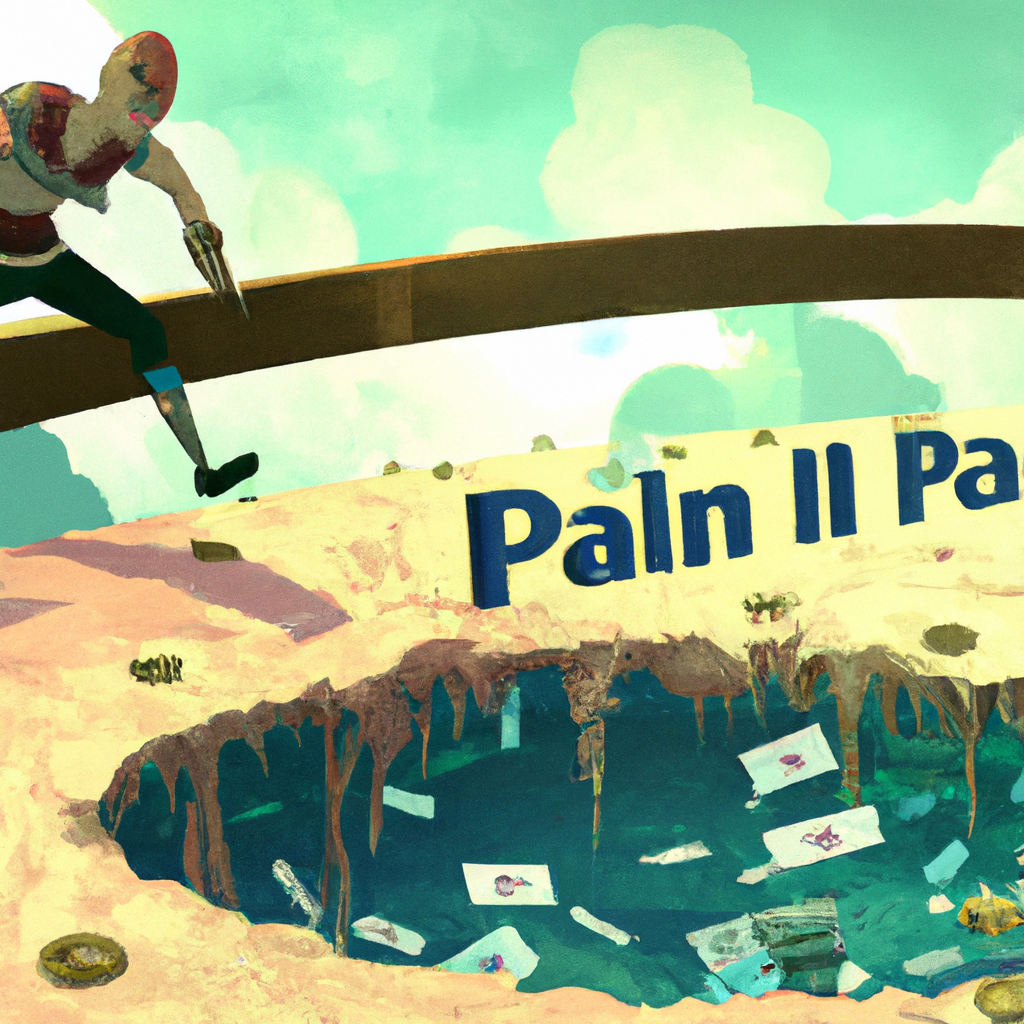Table of Contents
Introduction: The Popularity of PayPal and Its Potential Pitfalls
PayPal is a popular online payment system that allows users to send and receive money electronically. It has become a household name in the world of e-commerce, with over 300 million active users worldwide. While PayPal offers many benefits, such as convenience and security, it also has potential pitfalls that users should be aware of.
The Ease of Access and the Temptation to Overspend
One of the biggest pitfalls of PayPal is the ease of access it provides to users. With just a few clicks, users can make purchases or send money to friends and family. This convenience can be a double-edged sword, as it can lead to overspending and debt. According to a survey conducted by CreditCards.com, 49% of PayPal users reported spending more money than they intended to when using the platform. This is because PayPal allows users to link multiple bank accounts and credit cards, making it easy to spend money without realizing the impact on their finances.

The High-Interest Rates and Hidden Fees
Another potential pitfall of PayPal is the high-interest rates and hidden fees associated with its credit products. PayPal offers credit lines and credit cards to users, but these products come with high-interest rates that can quickly add up. For example, PayPal Credit, the company's credit line product, has an interest rate of 19.99% APR. This is significantly higher than the average credit card interest rate of 16.28% APR. Additionally, PayPal charges late fees and returned payment fees, which can further increase the cost of using its credit products.
The Risk of Fraud and Unauthorized Transactions
PayPal is also vulnerable to fraud and unauthorized transactions, which can result in financial losses for users. Hackers can gain access to PayPal accounts through phishing scams or by stealing login credentials, allowing them to make unauthorized purchases or transfer funds to their own accounts. In 2020, the Federal Trade Commission received over 86,000 reports of fraud related to online shopping and payment systems, including PayPal. To protect themselves from fraud, users should enable two-factor authentication, use strong passwords, and monitor their accounts regularly for suspicious activity.

The Limited Protection for Buyers and Sellers
Finally, PayPal's protection policies for buyers and sellers are limited, which can leave users vulnerable to scams and disputes. While PayPal offers some protection for buyers who do not receive their purchases or receive damaged items, sellers can be at risk of chargebacks and disputes. Chargebacks occur when a buyer disputes a transaction with their bank or credit card company, and the funds are returned to the buyer's account. This can leave sellers without payment for their goods or services, and PayPal's dispute resolution process can be lengthy and complicated.
Conclusion: How to Avoid the Debt Trap and Use PayPal Responsibly
To avoid the potential pitfalls of PayPal, users should use the platform responsibly and take steps to protect themselves from fraud and overspending. This includes setting a budget for online purchases, monitoring account activity regularly, and enabling two-factor authentication. Users should also be aware of the high-interest rates and hidden fees associated with PayPal's credit products and use them sparingly. Finally, sellers should be cautious when accepting payments through PayPal and consider using alternative payment methods for high-value transactions. In conclusion, while PayPal offers many benefits, it is important for users to be aware of its potential pitfalls and take steps to protect themselves from financial losses and debt. By using PayPal responsibly and taking precautions against fraud and overspending, users can enjoy the convenience and security of this popular payment platform.

